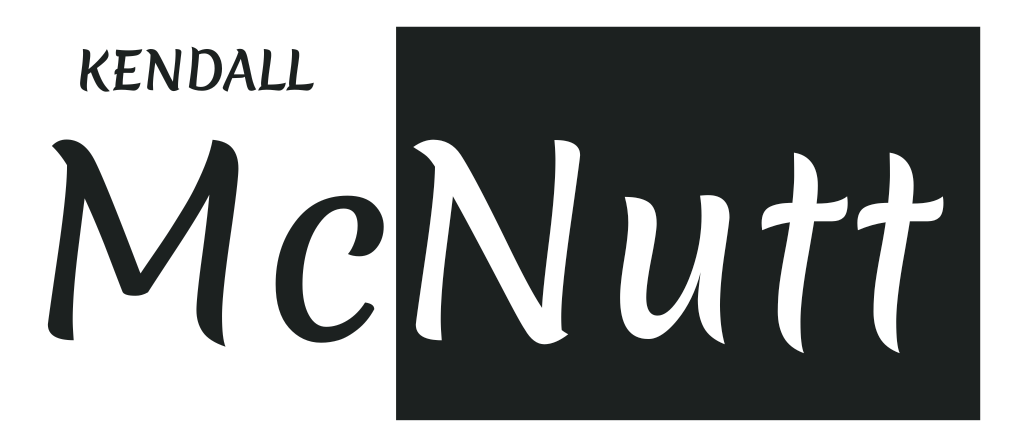Hi Friends,
It is time you know, I am an unapologetic Disney fan. I take notice whenever Disney makes or remakes a classic fairy tale. And that means that I also notice the conversations folks have about Disney storytelling. With any Disney release that is not a new, original story (if there is such a thing) someone mentions how it differs from the original. Someone mentions comments about a general absence of new material or a cheap overreliance on retelling stories. And of course, there is a critique about anachronisms and updates to the social norms each release.
But I see it differently. (This is a good opportunity to repeat that I love Disney, and I am aware that I have Disney blindspots. So, if you are with me, sit back and enjoy some well deserved confirmation bias. If you disagree, give me a chance to present my case.)
Be advised, there may be spoilers ahead if you are a decade behind on your print and/or moving media consumption.
Point 1: Stories Have Always Changed.
In this blog post, I will make the case that the concept of an original fairy tale is fundamentally flawed. Famed Disney characters like Snow White, Aladdin, and Mulan, to choose a few at random, are all based on folktales with no clear definitive origin. Working backwards, Mulan is based on a Chinese story that is possibly 1500 years old. It is real different from the Disney version, which I love. Eddie Murphy isn’t even in the original at all. I know, it’s shocking.
As we all know, Aladdin comes from The Arabian Nights… That was a trick! It didn’t! If you didn’t fall for it, nice job being super informed. But if, like me, this was news to you, yeah, I feel deceived. It wasn’t in the original story it is often associated with, no one actually knows where this story got its start. It may not have even originated in the Middle East, but possibly in the Far East. We know it in the West, because a man from France wrote it down.
And let’s go back to the start. The question on everyone’s mind should be, “Is Snow White a pale German princess?” The answer is simple: It depends. Two German men in the 19th century wrote the story and published it. But they didn’t think of it. It was a folk story that they collected. And we will never know what changes they made or didn’t make. We will never know how many times they had heard the story or how different it was in each telling. And we will never even know where in the world the story was first told. Some people think the Grimm brothers were inspired by historical events, probably not, but maybe. It is also possible the story was inspired by a Russian story with similar elements. Maybe it was simply told by campfires and cookfires and in the fields and on long winter nights by generations of people from Europe, or Asia, or Africa. We will never know. There are lots of stories from around the world with similar elements, and they may or may not be related. The Grimms wrote down a version of a version they heard.
When Disney picked up the story, he streamlined it, gave the protagonist a haircut, and added a few songs. Disney and his team omitted the multiple attempts Snow White’s stepmother made to murder her, and they left out the rather graphic ending supplied by Grimms. These are actual plot points in the Grimm’s story, and we are happy enough without them. Disney’s Snow White reflects the style and look of her day, 1937. Not the time the story was first recorded, 1812. And certainly not the time the story was first told, which was definitely before 1812, possibly hundreds of years before. So if a new version of Snow White makes it to the screen, I won’t be offended by a change. I might be offended by an offensive change. I might be offended if they keep something the same that I find offensive, like the age of Snow White in the original animated movie. The animated movie came out more than 75 years ago. The Grimms’ story came out more than 200 years ago. So, I say, please make some changes. Because that is what stories do, they change as we tell and retell them. They change as we change. Stories change. It is their nature.
I love stories in all media. And, I wonder if capturing them and keeping them frozen in time is antithetical to their very nature. I don’t know. But I do wonder.
I have two more compelling arguments to go. But not today.
See you soon.
